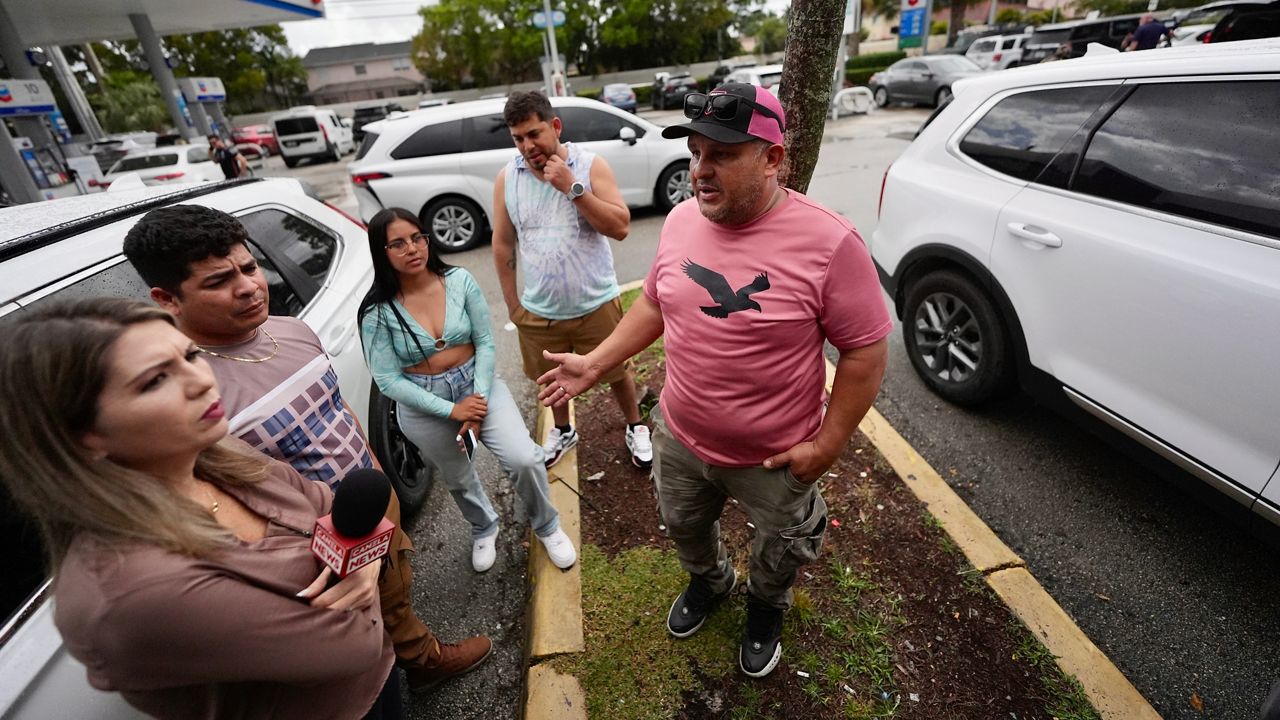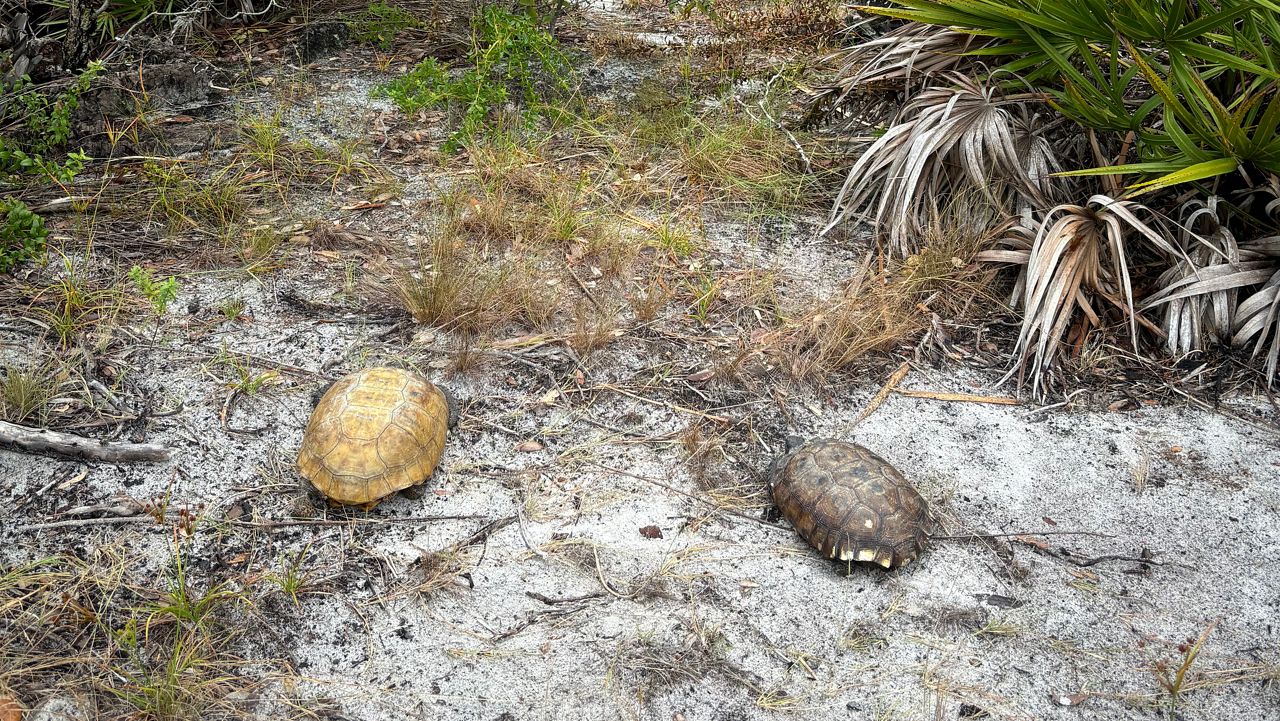PINELLAS COUNTY, Fla. — It’s estimated that more than 14% of households in Pinellas County experience food insecurity according to data from Healthy St Pete.
While that number may not sound high, there are a number of families that have a lack of consistent access to food.
What You Need To Know
- Pinellas non-profit creates mobile pantry on city bus
- Goal is to create access to food, particularly healthy options, in food desert areas
- 14% of households in Pinellas County experience food insecurity
A Pinellas County non-profit familiar with the area’s food insecurities just launched a mobile pantry hoping to make a difference.
Alexia Morrison, the Executive Director of Reach St. Pete, said the non-profit recently launched their brand-new pop-up pantry on a giant decommissioned city bus.
“When I saw the bus, I was like we can make this into like a mini Publix if we wanted to,” Morrison said. “Food insecurity is huge in Pinellas County I think everyone’s really aware of that but especially after covid-19 we saw an increase across the board of people who were just requesting food. So, Reach St. Pete that was our next step to provide food in a mobile way.”
The mobile food pantry is paid for with donations from corporate sponsors and donations.
The best part, it’s all free for residents in the communities it serves. It’s something Morrison said her own life experiences taught her is vital.
“I have a personal need obviously when I was a younger teenager I experienced homelessness myself and so I always felt there wasn’t a solution for me when I was a teenager to come to that I felt comfortable with that was dignifying,” she said.
The bus runs every 2nd and 4th Thursday of every month from 12-6 p.m. It makes five stops at five different locations in areas identified as food deserts. Enoch Davis Center, Campbell Park Rec Center, SPC Douglas L. Jamerson, Jr. Midtown Center, Pinellas Hope and Northside Baptist Church are the five bus stop locations.
The City run, Healthy St. Pete program has studied some of those high need communities and identified other programs like Reach St. Pete that are available to provide assistance. We’re told that information will be made public in the coming months.









